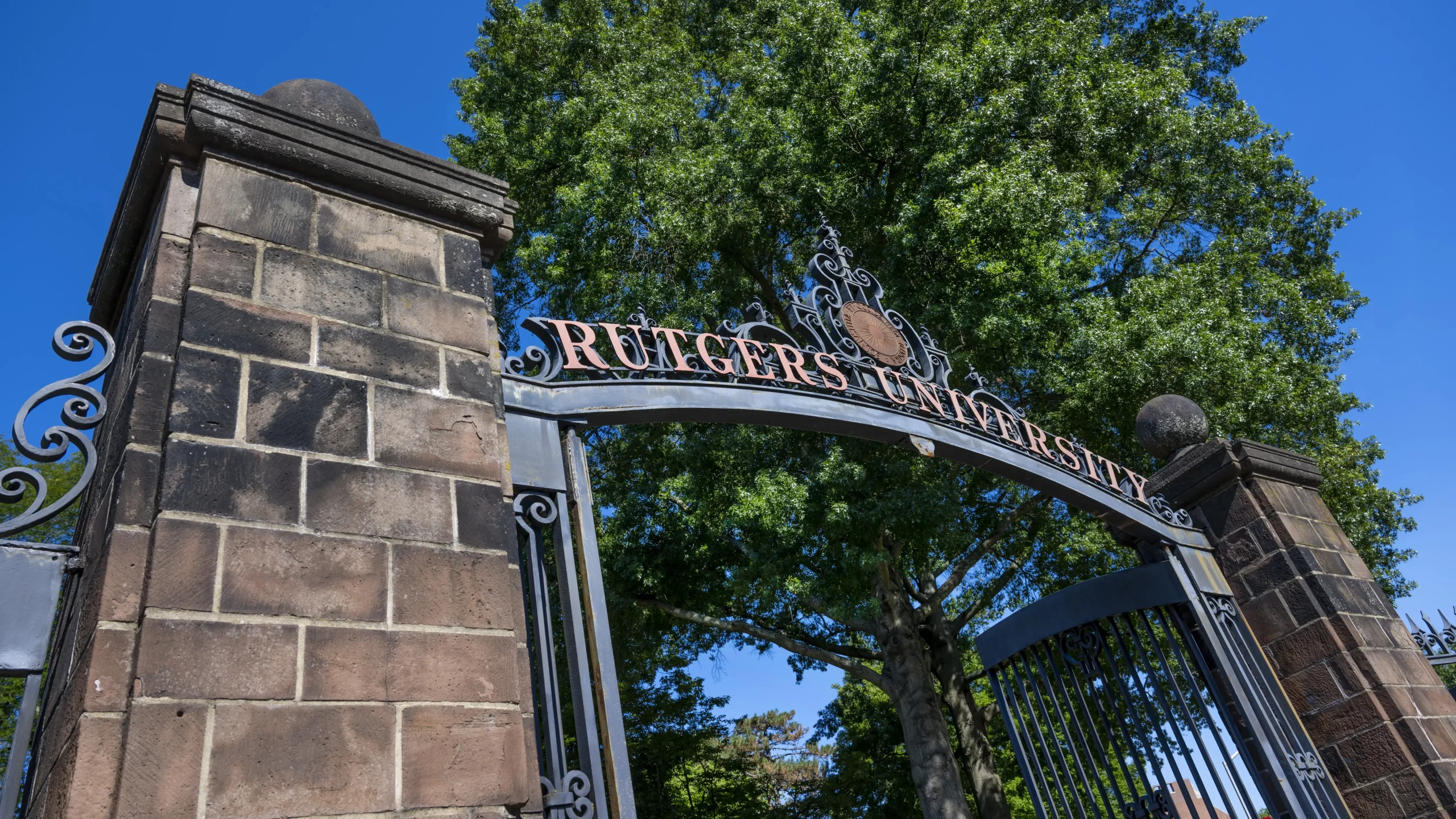
Faculty Cluster Hires
Accordion Content
The Chancellor Challenge, an initiative of the Academic Master Plan, invited members of our campus community to propose transformational, campus-wide, and interdisciplinary new initiatives that will strengthen our research capacity and help solve society’s grand challenges in the areas of data science and artificial intelligence.
We are committed to hire 11 new faculty members and create a cross-disciplinary scholarly community focused on the societal benefits and implications of artificial intelligence, machine learning, and data science.
The search process for the four faculty cluster teams began this academic year and include:
Accordion Content
-
Three faculty hires in the School of Arts and Sciences. State-of-the-art AI programs are trained on massive amounts of data that can be nearly impossible to understand and explain, and their automated decisions are being incorporated throughout society. This group will meet the urgent need to study the principles and foundations of AI programs toward the development of AI systems that can be understood, explained, audited, and contested, and the establishment of a transparent and interpretable foundation for this new, transformative technology.
-
Four hires in the School of Communication and Information and SAS. Computational social science is an interdisciplinary field that applies computer science tools and techniques to analyze vast amounts of digital information in concert with social science theories and methods to understand complex systems and dynamic processes that affect individuals, groups, institutions, communities, and society. Advances in this field will lead to advances in understanding and addressing social inequalities and democratic participation.
-
Two hires in the School of Engineering. This group will analyze the potential for artificial intelligence, data science, and machine learning to help engineers take on radical problems such as achieving near-zero waste, discovering materials with advanced characteristics, and fully automating large-scale factories that adapt to their dynamics as well as those of complex supply chains.
-
Two hires in the School of Environmental and Biological Sciences and SAS. This group will explore the potential of AI in addressing climate change and biodiversity loss. Oceanic, land-based, and space-based sensor technology produces thousands of gigabytes of data on Earth systems, and the next challenge will be integrating these data sources to uncover new interdependencies, forecast and offset the impacts of extreme climate events, and provide real-time feedback on the impact of policy solutions.
Accordion Content
The new faculty cluster hires are based on ideas submitted by our faculty and staff, will help Rutgers–New Brunswick become a national leader in applying these new technologies to the problems facing our world.